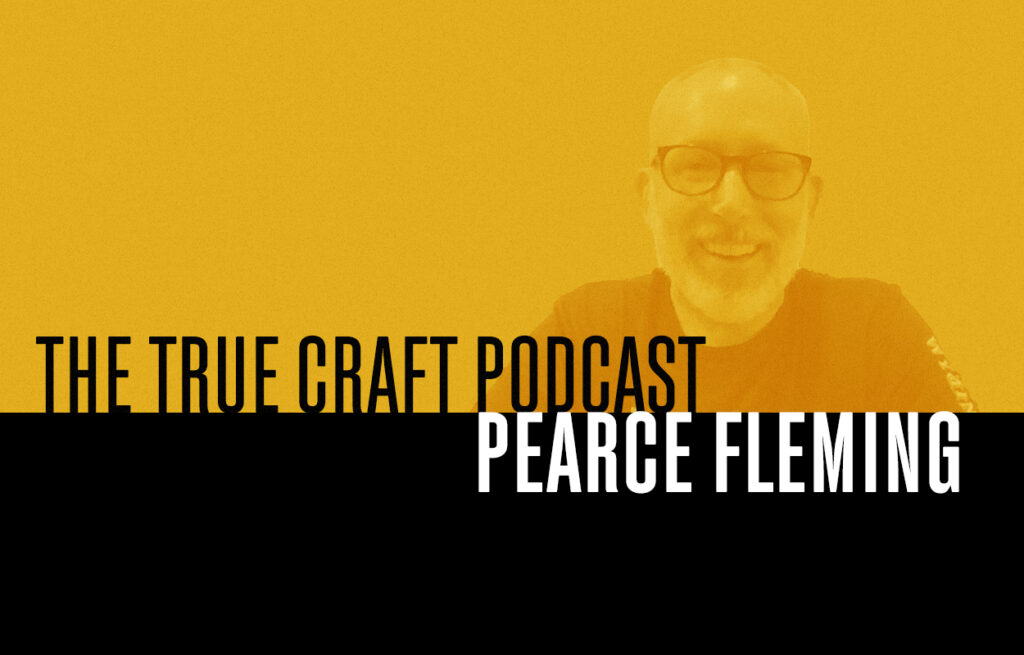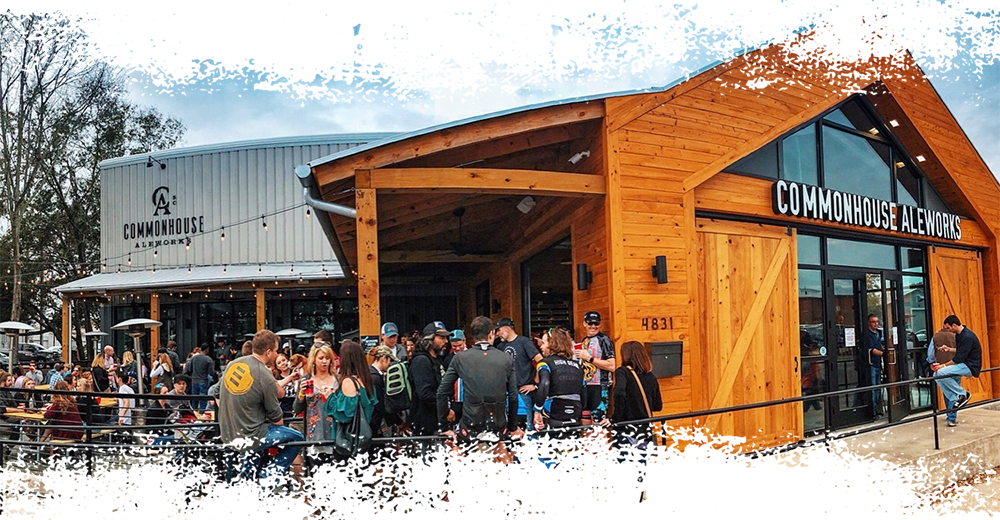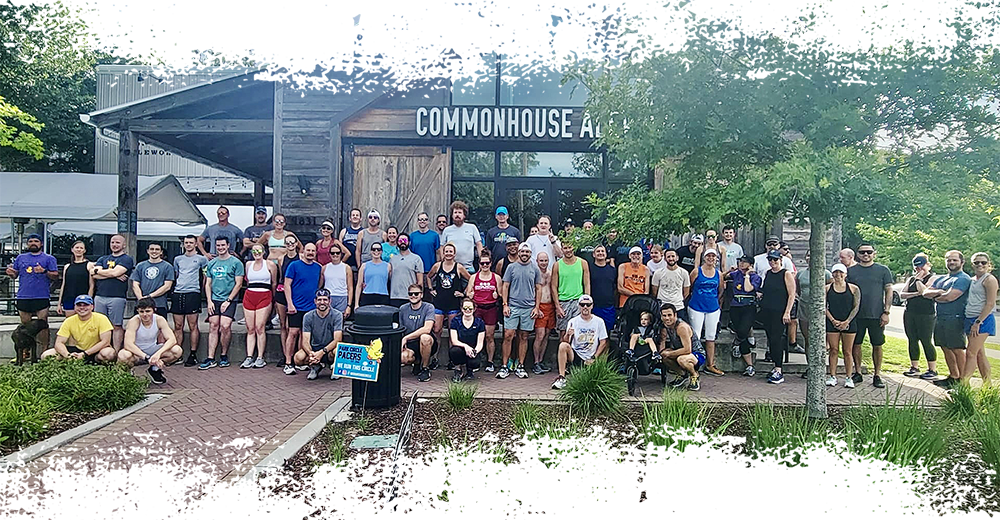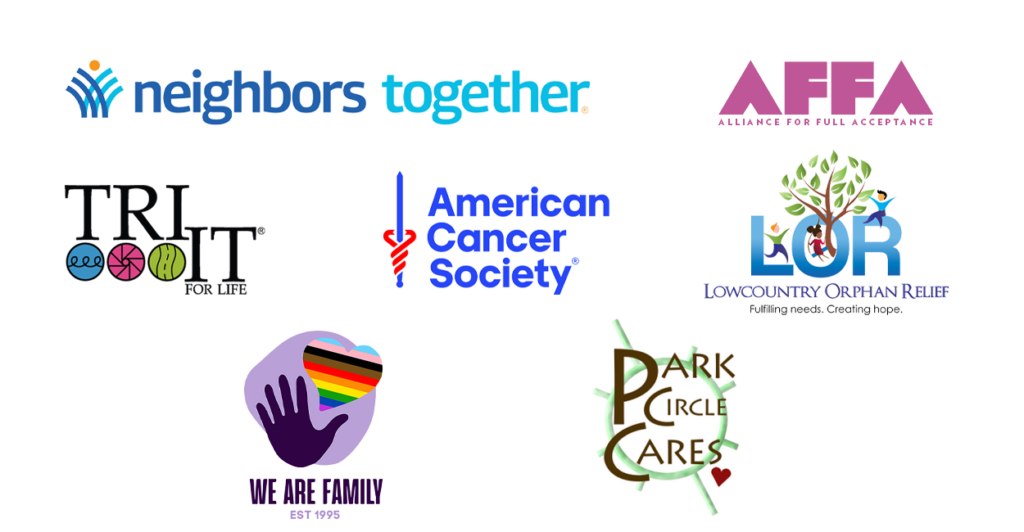
This week on The True Craft Podcast, we sat down with Pearce Fleming, Proprietor of Commonhouse Aleworks, out of North Charleston, SC to chat about the importance of community in the brewing space. That seems familiar.
But truly: If you’ve been following us for awhile, you know that Small Batch Standard talks a lot about the importance of relationship building. It’s something we believe in. Heck, our mission is, in part, all in an effort to build deep, successful relationships.
And our conversation with Pearce not only gave us insight into how one brewery defines community, but it also widened the lens on just how impactful being in relationship can be for a business.
The conversation started with a simple question from our Founder, Chris Farmand:
PEARCE: One of the things that we did consciously from the beginning and whenever we are thinking about the impact we want to have in the community and Front-of-House operations is asking, “What are we for?”
And, in that moment, the conversation took us down a path of what it really means to be in relationship with others—whether its your regular customers, wholesale distributors, or brewery employees. Pearce tells an anecdote about how a colleague of his once told him, “Mother Teresa never went to any anti-war rallies. But she went to a ton of for-peace rallies.”

Pearce shares that “being for” their local neighborhood, small businesses, and community impact organizations is a lens in which his brewery explores how they can use their resources to benefit their circles locally and the greater Charleston area.
The conversation goes on to breakdown the importance of then using that lens to turn thought into action. It starts as a mindset, but carries through to relationship building—whether that’s with organizations, regular customers, employees, or wholesalers.
PEARCE: 100%. I and everybody on our team knows having positive relationships where we lead through our service level, efforts, and our mindset is critically important to me.
Specifically, Commonhouse believes the relationships that are built with customers is vital to the lifeblood of a brewery business. “Friday and Saturday night,” Pearce says, “are going to be Friday and Saturday night. But the regulars that come on Tuesday or Wednesday. That’s who you really have to hug and hold. They are the ones that make the biggest difference.”

And when it comes to his employees, being in relationship couldn’t be more important. Pearce shares that when employees join their team, they are asked about what causes or efforts inspire them. The business then works to find a way to support those causes from a community perspective. Whether it’s helping the local dog shelter, donating a portion of proceeds to raise awareness, or providing freshwater to communities that need it, every employee can have say in the impact Commonhouse has on their community.
A bartender having a say in where a brewery spends their time and (sometimes) money? Well, yeah!
PEARCE: I think that’s just how I am wired from other work. I had a situation early in my [hospital administration] career where it smacked me in the face that everyone was coming into work [at the hospital] and were saying, “Work here sucks. But that’s the way work is supposed to be.” And that broke my heart.
And from that moment on, Pearce has focused his energy on trying to create an environment where people can bring their full selves to work while placing them in positions where they can use their talents and strengths in whatever role they’re in.
And this starts with learning what lights up an employee. What do they care about? How can you support them to ensure they can show up 100% for the business everyday?
For Commonhouse, it’s allowing everyone on the team a say in how they impact their community. From charitable giving to volunteer work, Commonhouse Aleworks is committed to “being for” their employees and the meaningful causes they want to support.

It became apparent that Pearce and his team have been committed to this type of management and community involvement for quite some time, so we were curious how others could start to replicate this in their own brewery: Is it an innate trait or can it be an implemented process?
PEARCE: First and foremost, it comes naturally. I’m a recovering hospital administrator.
But I also tell people...“beer is what we make. But it’s not the reason we do what we do.” We exist to create safe and inclusive space for people to come together and find what they share in common, celebrate that over a pint of social lubricant, which happens to be the beer we make, and then go out in the world and do all the good they can and spread that ethos.
For Commonhouse Aleworks, it all comes down to being purpose-driven beyond just making really great beer.
And eventually, the ROI builds upon itself over time.
Pearce shares that not only are his relationships within the community strong, but he also knows that every individual in those relationships are “for” Commonhouse Aleworks simply because they also know that Commonhouse Aleworks is “for” them too. It’s a two-way street of relationship revelry.
And, as Pearce puts it: “They remember something beyond just the beer.”
You can hear more about fostering community, open-book style management, and investing in authentic business relationships on this week’s podcast episode: The Relationship ROI with Pearce Fleming from Commonhouse Aleworks.